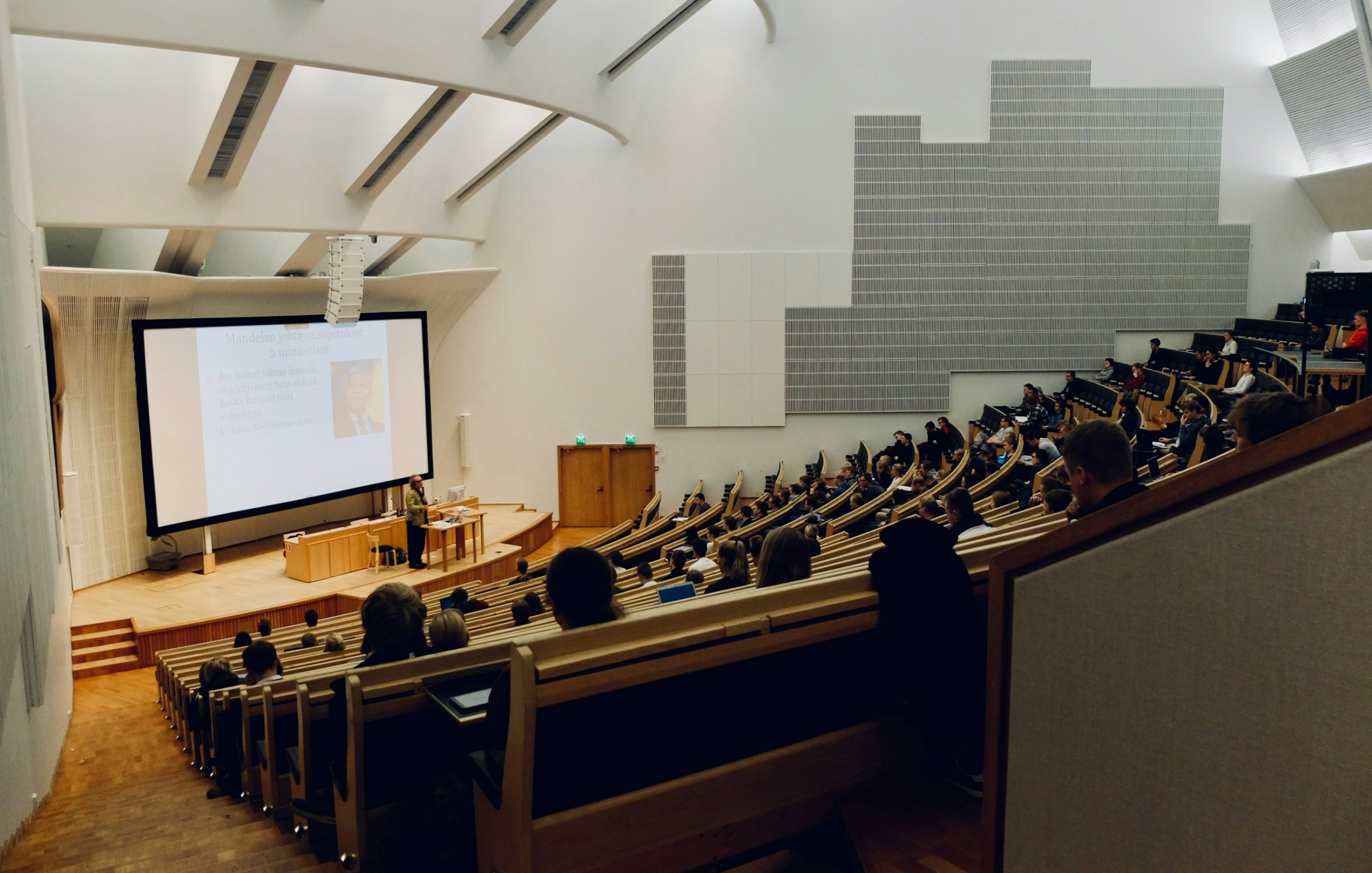At a glance
Introduced in July 2021, the Graduate route visa aims to enhance the UK’s appeal as a study destination and retain global talent post-graduation from UK higher education. Seeking to understand how the Graduate route identified challenges for international graduates relating to post-study work options in the UK, the Home Office commissioned IFF to evaluate the scheme. The evaluation included survey responses from almost 3,000 graduates to understand motivations, experiences, and future intentions, as well as depth interviews with 30 participants to further explore the nuanced challenges. Key findings underscore the route’s success in solving post-study work challenges and fostering economic integration.
About the client
The first duty of the government is to keep citizens safe and the country secure. The Home Office is a ministerial department of the UK government which plays a fundamental role in the security and economic prosperity of the UK.
Challenges and objectives
The Home Office needed to understand how the Graduate route addressed challenges for international graduates relating to post-study work options in the UK. This included understanding the impact of the introduction of the Graduate route that aimed to simplify application processes. The Home Office also wanted to assess the Graduate route’s effectiveness in connecting graduates with labour market opportunities.

Solution
The Home Office commissioned a comprehensive evaluation of the Graduate route, commissioning IFF Research to conduct:
- A quantitative survey of 2,951 graduates to gather broad insights into their motivations, experiences, and future intentions.
- In-depth qualitative interviews with 30 participants to probe the nuanced challenges and outcomes of using the Graduate route.

Impact
Findings revealed that the route filled vital gaps for graduates, offering flexible work options and time to explore career paths without the constraints of traditional visa requirements. Improvements to the application process has made this route accessible to a broader demographic.
The evaluation highlighted several outcomes:
- Economic contribution: 65% of Graduate route users were employed full time, with 8% employed part time and 3% self-employed. The Graduate route allowed graduate visa holders to transition into skilled work sectors previously hard to access due to visa constraints. This contributed to filling workforce shortages and enhancing economic integration.
- Post-study work options: 69% of users would have left the UK without this option, with many expressing improved employability and career progression.
- Awareness: 44% of students learned about the Graduate route before deciding to study in the UK, and 22% while applying. Most commonly, graduates first heard about the route through online searching (37%) and word of mouth (24%), with just under a fifth through university advisors (18%).
The findings also linked to another piece of research, evaluating the second wave of the Student route. In that research, two-thirds of those applying for the student route were aware of the Graduate route when applying (66%). Among this group, over 80% said the availability of the route had influenced their decision to apply for a student visa to some extent (83%). This showcases the importance of visas in encouraging international students to come to the UK to study HE courses.





